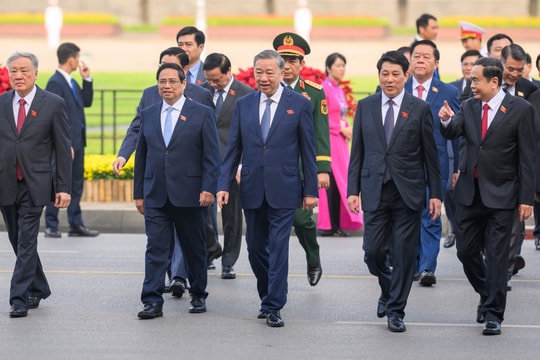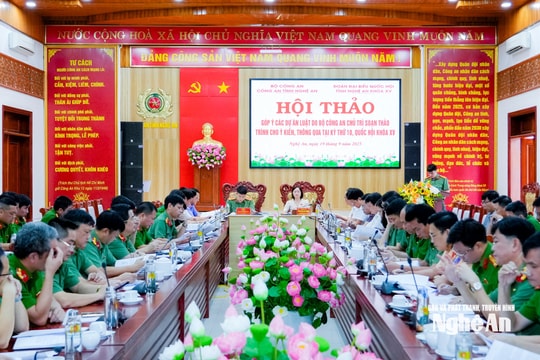The first session of the 15th National Assembly was reduced by 5 days and held on both Saturday and Sunday.
The first session – a very important session between two terms of the National Assembly – will be shortened by 5 days compared to the planned time. The National Assembly will meet continuously for 11 days, including Saturdays and Sundays, starting from July 20.
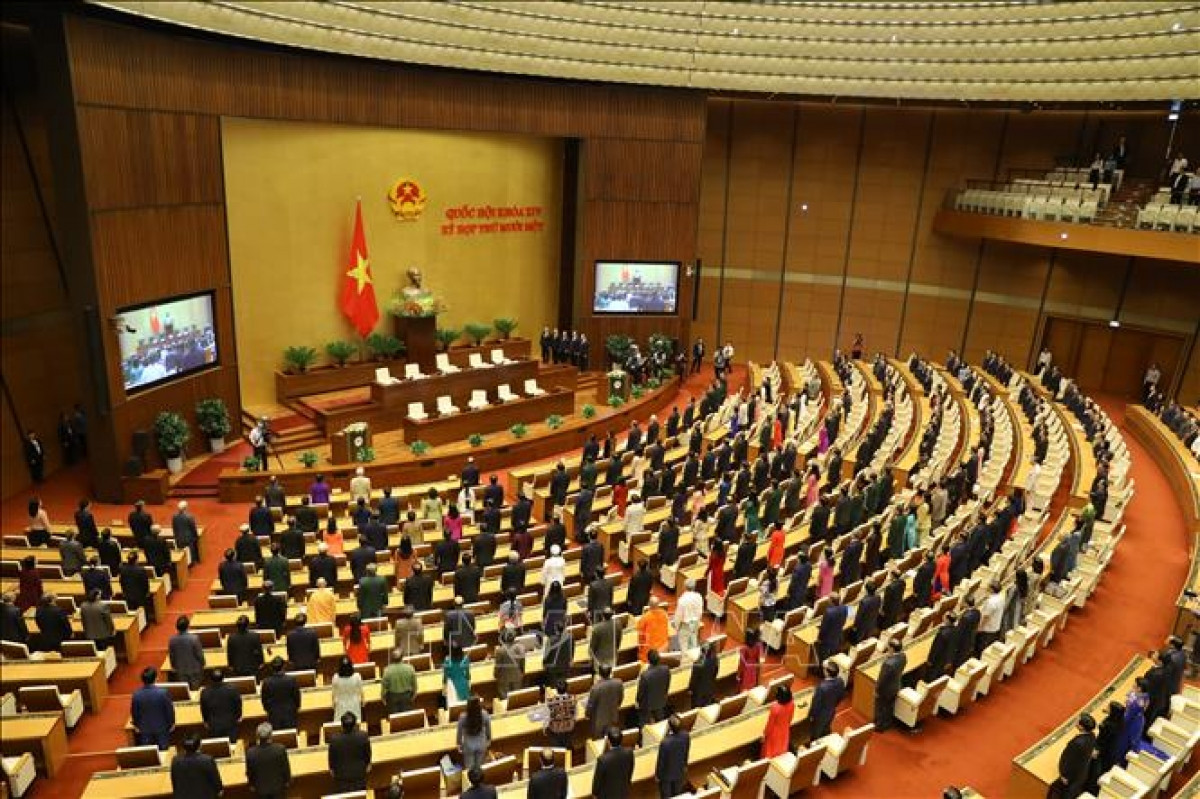
The decision was made in the context of the rapid and complicated developments of the epidemic, and is considered a correct, timely and popular decision.
Even National Assembly deputies, those elected for the first time, although mentally prepared to attend this important session, when assigned the task of fighting the epidemic, still have to put the task first. That is the case of deputy Nguyen Tri Thuc - Director of Cho Ray Hospital - Ho Chi Minh City. This is a special case.
According to the law, the first session of the new National Assembly must be held no later than 60 days after the election. This session will not only focus on personnel work as usual, but also decide on economic, social, financial, budgetary, public investment plans, and two national target programs to create a framework for implementation over the next 5 years. These are important issues, serving as the basis for implementing the dual goal of both fighting the epidemic and developing the economy and society. The sooner the National Assembly decides, the more favorable it will be for synchronous implementation.
Saving maximum time and achieving the highest efficiency and safety. That is the goal of the First Session of the 15th National Assembly. Shortening the meeting time but with a large amount of work requires the preparation work to be extremely thoughtful, elaborate and thorough. At the meeting on July 17 between the National Assembly Party Delegation and the Government Party Committee, Prime Minister Pham Minh Chinh assessed that shortening the meeting time was reasonable and had been carefully calculated so that the meeting could be held safely and concisely but still ensuring democracy, compliance with the Constitution and laws, and promoting the highest intelligence of the delegates.
The dire situation once again poses a challenge for us. But the National Assembly has had experience in handling it since the mid-2020 session. For the first time, the National Assembly has applied online meetings combined with in-person meetings and implemented them in the following sessions. The summary and evaluation of the 14th term shows that such meetings still ensure quality, efficiency, and maximum time savings for delegates, especially leaders of epidemic-affected localities.
Nearly 500 delegates elected after the historic election will begin to carry out their responsibilities in a special session. The more we value the hearts of voters, the more we must uphold the responsibilities of delegates.
Completing key positions, perfecting the leadership apparatus of State agencies; Deciding on immediate and long-term socio-economic issues. Both of these tasks place great responsibility on the National Assembly. In particular, personnel work has great significance for the quality and efficiency of the State apparatus throughout its term.
Therefore, somewhere, there are opinions that, in the current complicated epidemic context, the First Session may be delayed or even shortened. That is very difficult to do because the authorities have carefully calculated, ensuring that the session takes place according to the law, while saving maximum time without affecting the quality of the session./.

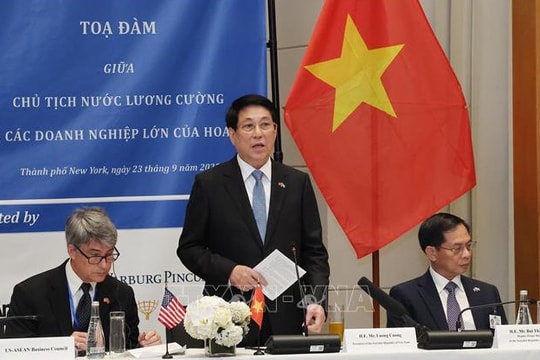
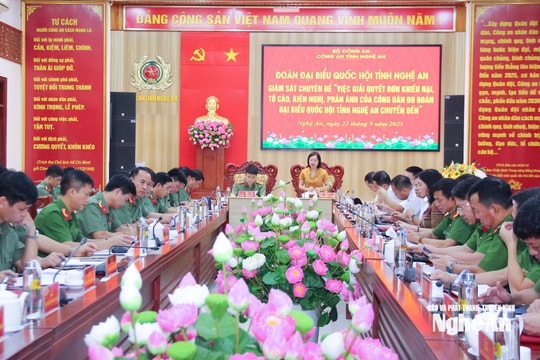
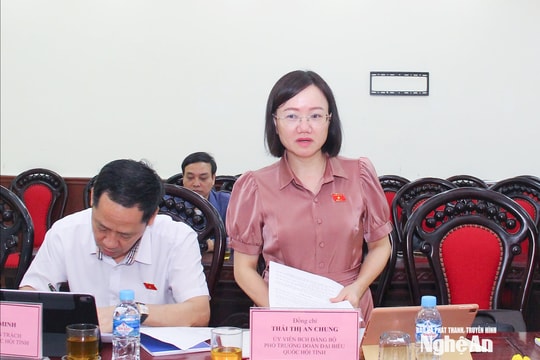
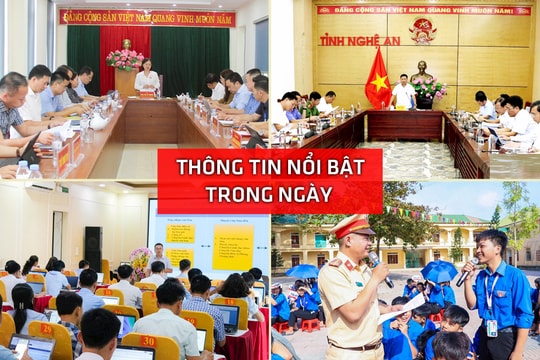
.jpg)
